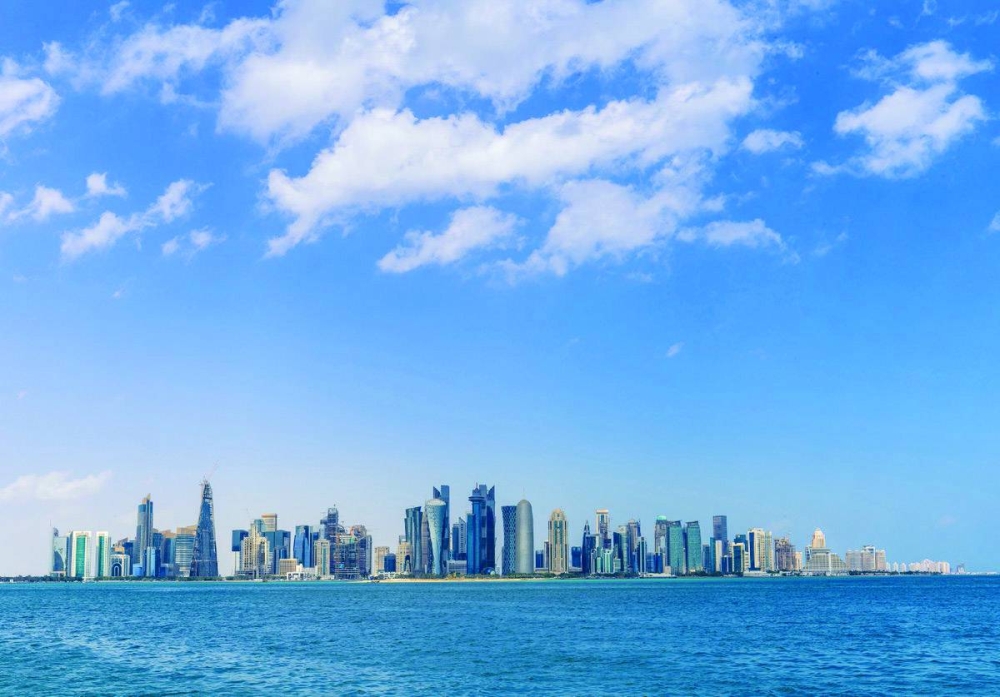Qatar’s economic growth has normalised in 2023, following the World Cup-driven boom, even as the mid-term outlook remains "favourable" on liquefied natural gas (LNG) expansion, according to the International Monetary Fund (IMF).
In its Article IV consultation report on Qatar, the Bretton Woods institution also said the upcoming third national development strategy (NDS3) provides an opportunity to accelerate economic transformation towards a knowledge-based and inclusive economy supported by private-sector led growth.
"Output is expected to expand by about 1.75% per annum during 2023–25 with the non-hydrocarbon sector growing at 2.75%, driven by domestic demand, including from the construction of the North Field expansion project, and robust tourism, boosted by the global visibility brought by the 2022 FIFA World Cup," said Ran Bi, who led the IMF team.
Continued normalisation is expected in the near term, with a favorable medium-term outlook supported by the LNG production expansion and intensifying reform efforts, the report said.
Broad fiscal discipline, amid hydrocarbon windfalls in 2022-23, resulted in sizeable surpluses and rapid central government debt reduction, which “significantly” strengthened the country’s fiscal position, Bi said.
"Continued fiscal prudence is expected under the upcoming 2024 budget," she said, adding the next medium-term budget, covering five years for the first time, is being developed to support the NDS3 initiatives and should balance aspiration for transformation and fiscal prudence.
In this regard, the IMF team welcomed the ongoing effort to enhance efficiency, including through the implementation of programme-based budgeting, and to increase transparency.
The medium-term priorities include accelerating revenue diversification through further mobilisation of non-hydrocarbon tax revenues, enhancing spending efficiency, and reorienting public investment to facilitate private sector growth, which can be supported by a well-functioning medium-term fiscal framework and greater fiscal transparency, according to her.
The fiscal and current accounts are projected to remain in surpluses over the medium term, Bi said, adding risks to the outlook are “broadly balanced”.
Stressing that Qatar “is at an important juncture” in shifting its growth model from one that is led by the state to a more dynamic and market-oriented one driven by the private sector, Bi said building on the progress made so far, and guided by upcoming NDS3, reforms should focus on enhancing human capital, labour market dynamism, and business environment.
"Furthering digitalisation with due attention to potential risks, and strengthening climate resilience and green transition are also key for achieving National Vision 2030," she added.


